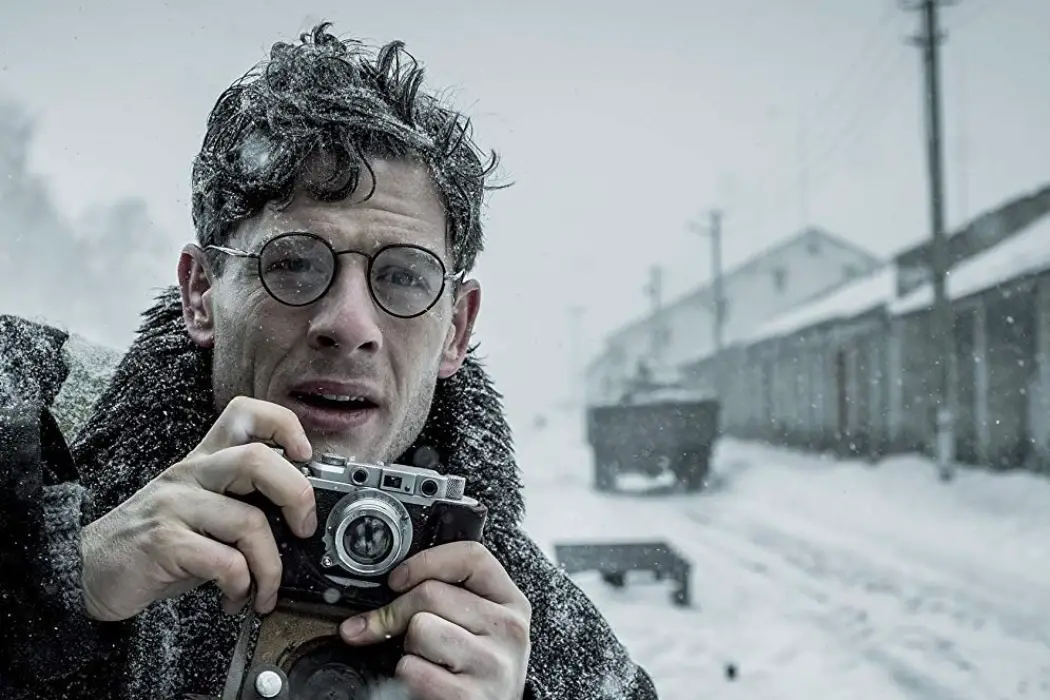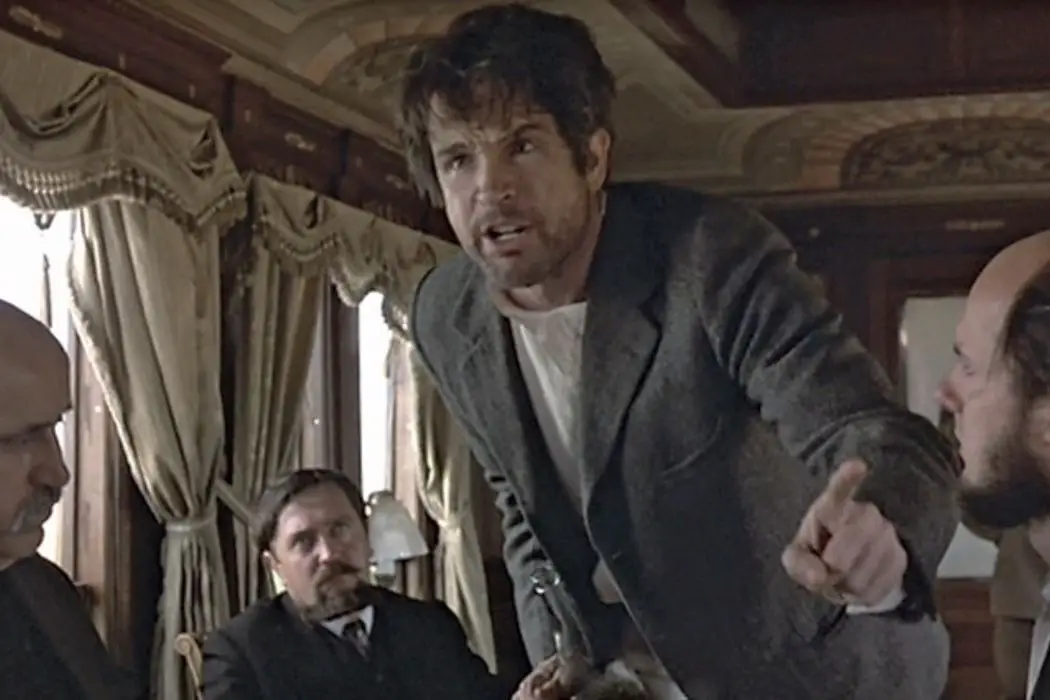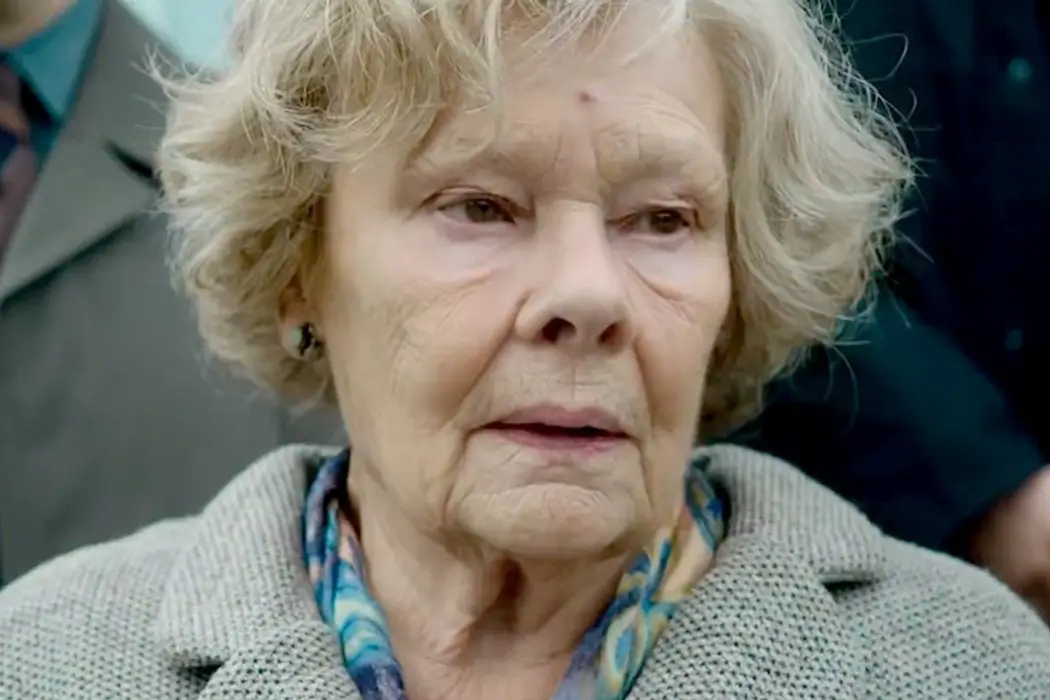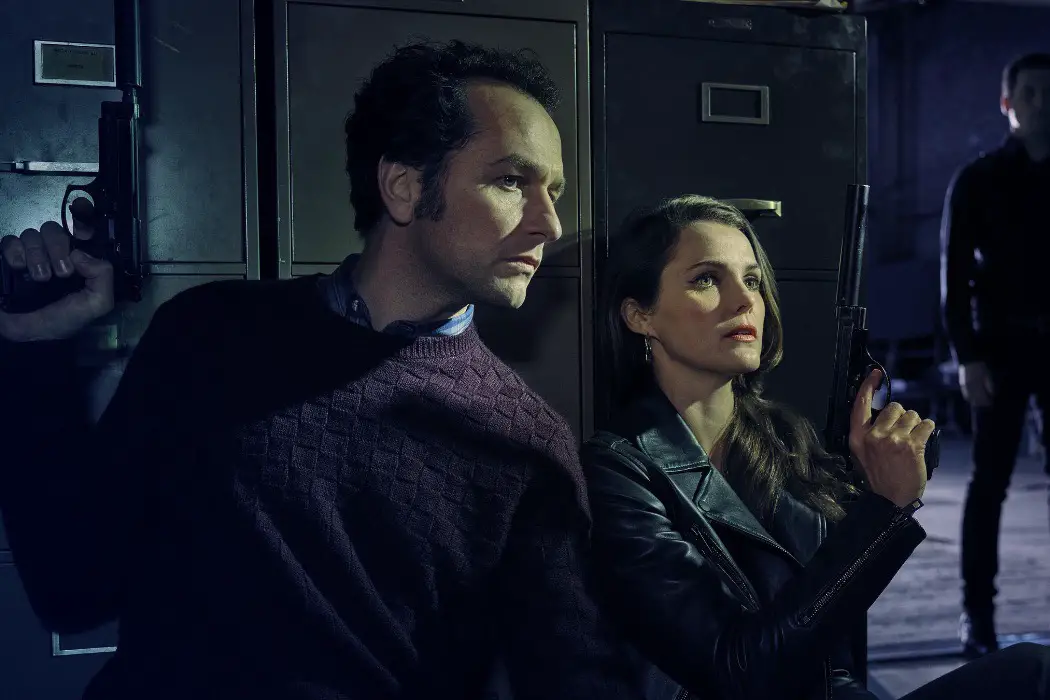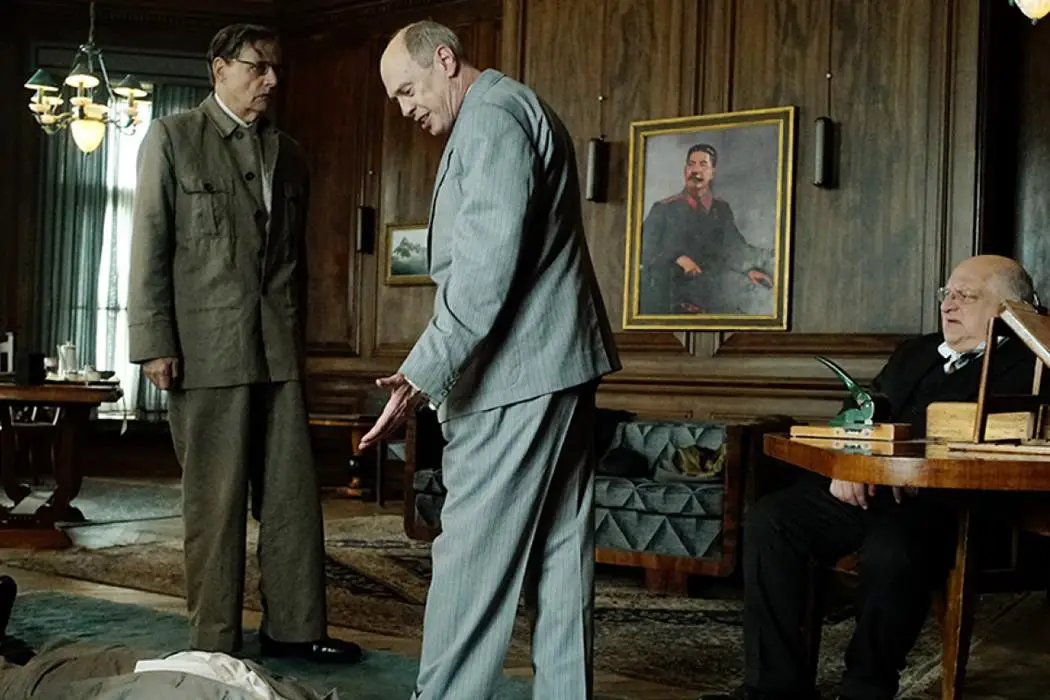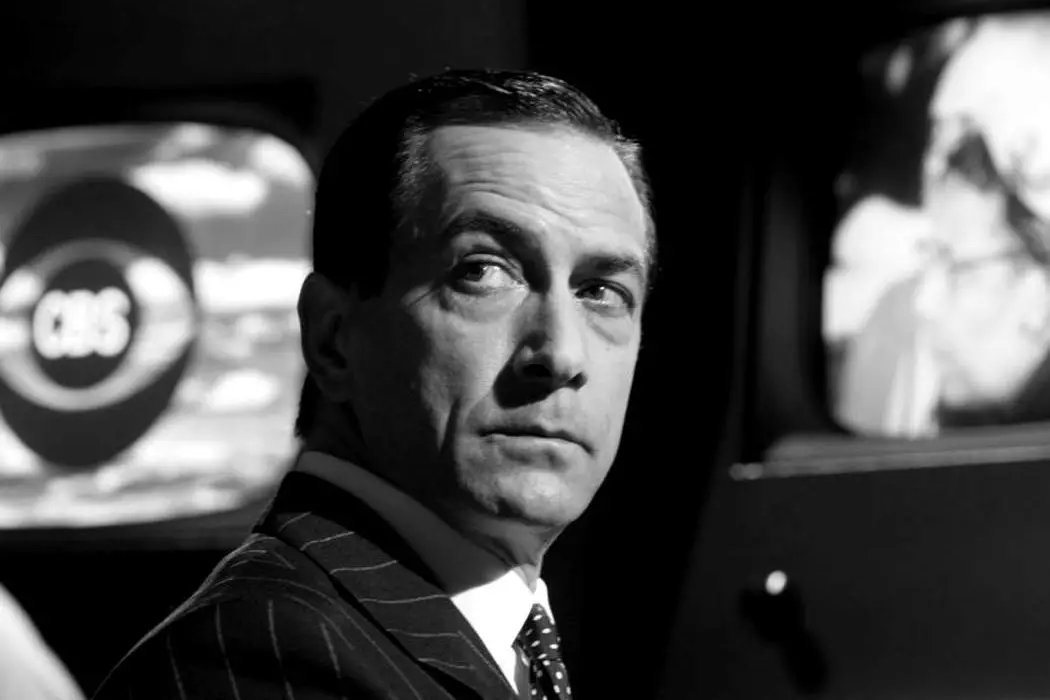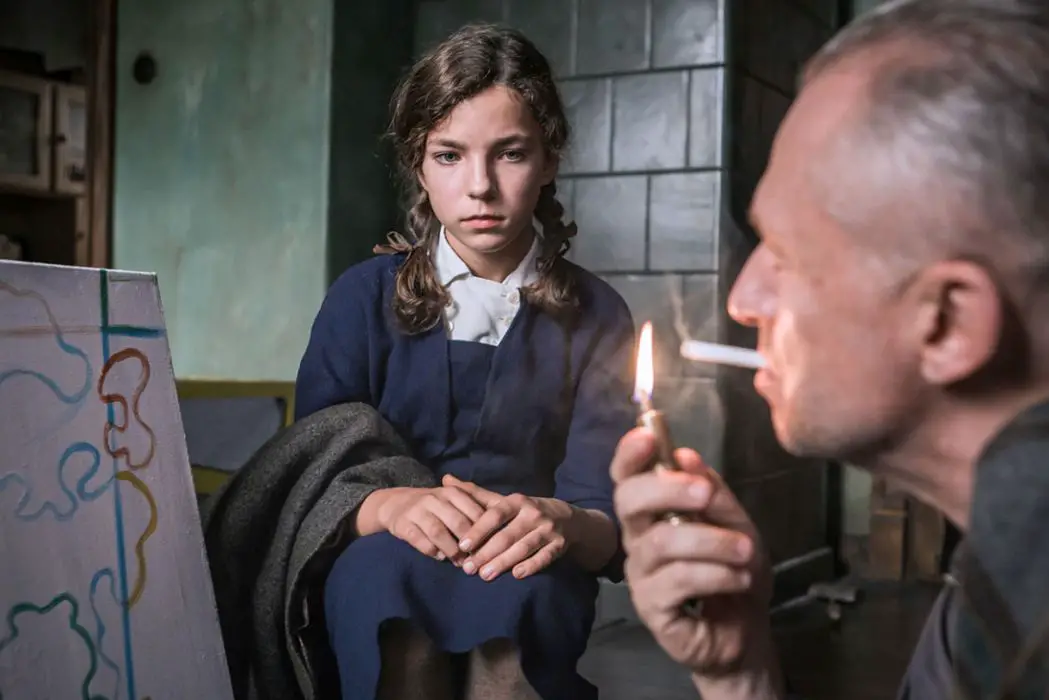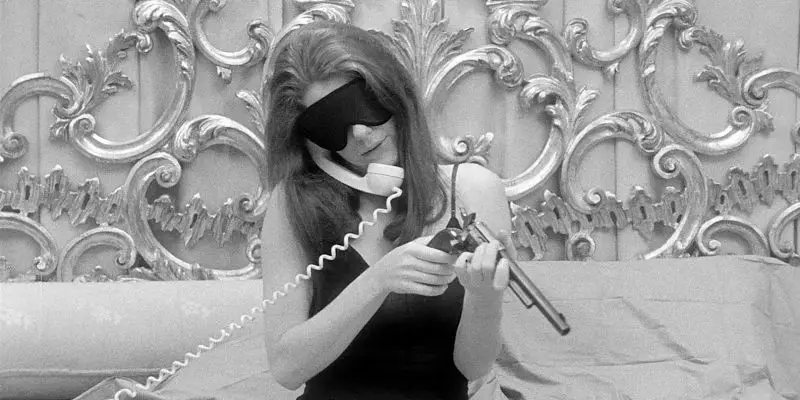communism
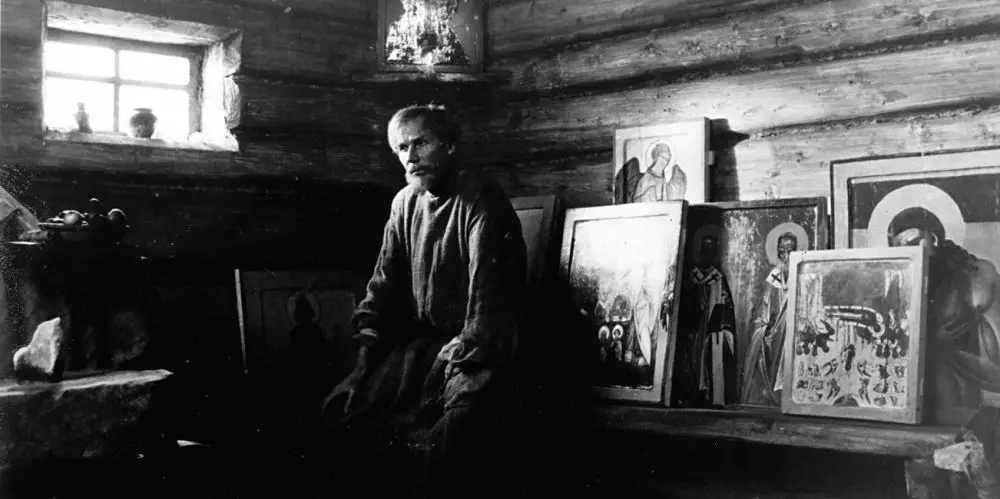
For Russian director Andrei Tarkovsky, the artist was inextricably joined to his society, both its benefits and its ills. Tarkovsky defined these colloquies between society and an individual artist as “dialectics of personality.” In other words, individual development was indefinably caught-up within personal and distant interactions with a society.
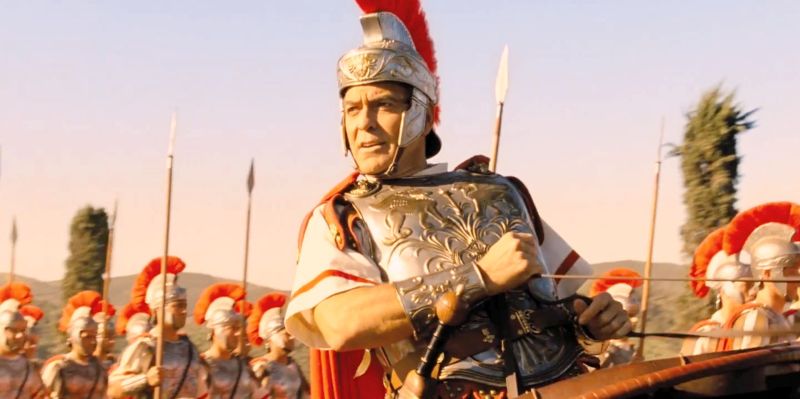
The Coen Brothers have managed to put their own twist on noir, the buddy comedy, crime drama, romantic comedies, westerns, and spy films. They are clearly film historians, so they want to show their love of movies by tackling classic genre films that cannot be sold to modern audiences. How did they manage to do this?
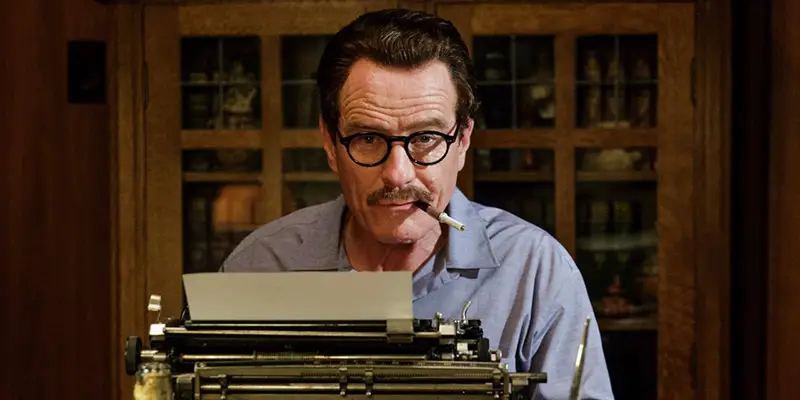
Hollywood and the golden age of film have now all but faded into history, and any glimpse into that world is for that reason a glimpse into history itself. Trumbo is a look at the show business world following the Cold War, when Hollywood started to blacklist people solely due to their political alignments. Starring the very talented Bryan Cranston as the titular character, the film is not only a successful character study and biopic, it is also an engaging and entertaining glimpse at a very dark time in Hollywood’s history.

Frank Sinatra, whose 100th birthday would have been this December, was one of the great entertainers of the 20th century. He had an exceptional voice that made him perhaps the most influential vocalist in history, but Sinatra doesn’t sing a note in his best movie, the Cold War thriller The Manchurian Candidate (1962). This deft political drama, which wouldn’t have been made without Sinatra’s intervention, uncannily predicts many of the tumultuous events of the 1960s and beyond.




